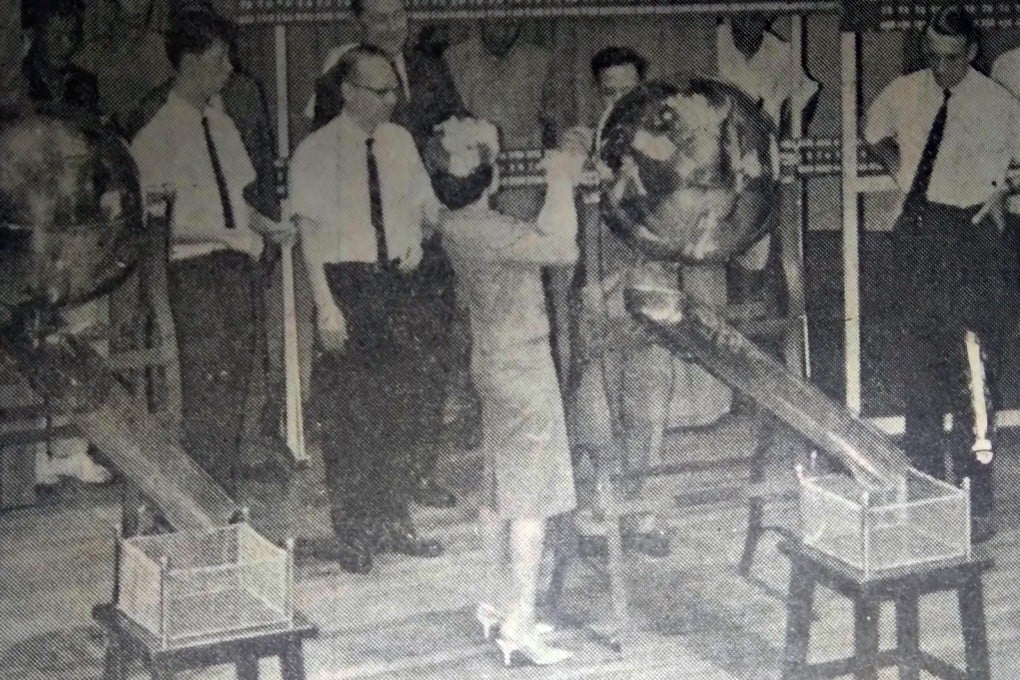When Hong Kong introduced its first lottery, sponsored by the government, to fund social welfare without raising taxes
- The lottery was introduced in 1962 as an alternative to raising taxes to fund social welfare
- More than 1.7 million lottery tickets were sold for the first draw

“Tickets in Hong Kong’s first Government-sponsored lottery may be put on sale early next summer and the draw made next August if plans go smoothly,” the South China Morning Post reported on December 28, 1961.
Financial Secretary J.J. Cowperthwaite was quoted in the Post on February 15 the following year as saying he looked to the lottery as a means of “reducing the burden of compulsory taxation which might otherwise be imposed”, and he expected “social welfare activities could be completely financed from such a fund”.
A weekly Catholic publication, the Sunday Examiner, was quoted in the Post later the same month as saying that people were entitled to spend a moderate sum on recreation and relaxation. “[The] government has at its disposal so many ways of relieving us of our money by taxation”, it noted, while maintaining the moral high ground by stating, “we must look on any new way with a jaundiced eye”.
Despite the concern, the Post reported on March 31 that a bill to oversee such lotteries was passed without debate, and “profits from the lotteries, expected to be about HK$2m in the first years, will be used for Social Service projects.”
By May 27, more than 120,000 tickets had been sold, “the highest ever recorded in the first week of sale of any kind of tickets”, according to the Royal Hong Kong Jockey Club.
